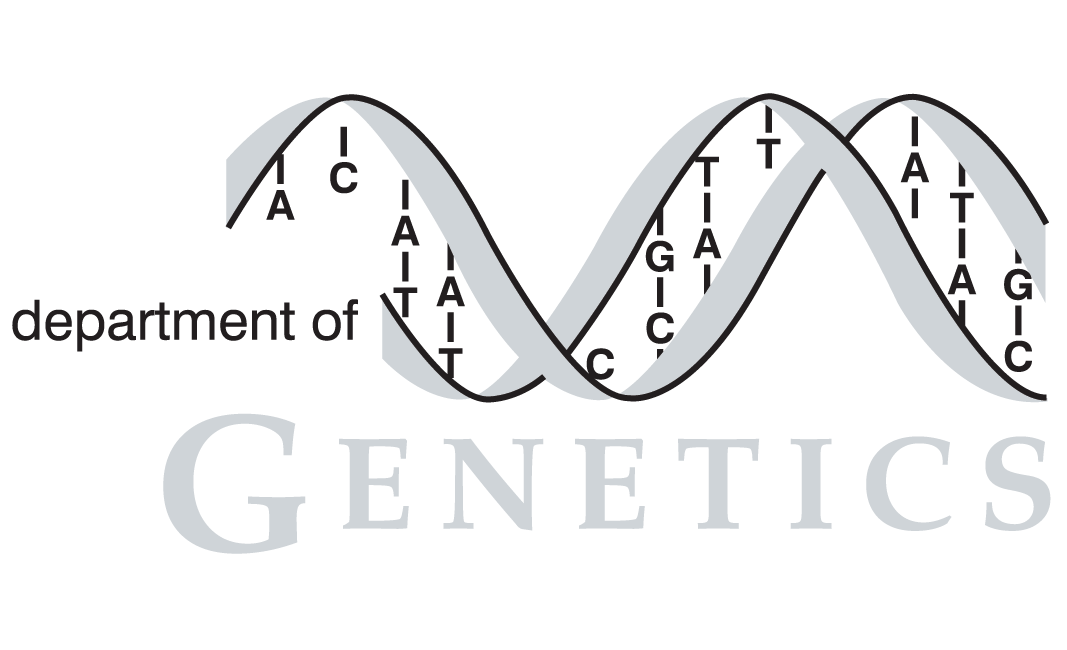| Citation | Hou J, Tang H, Liu Z, Osterlund T, Nielsen J, Petranovic D. Management of the endoplasmic reticulum stress by activation of the heat shock response in yeast. FEMS yeast research, 2014. |
| PubMed ID | 24237754 |
| Short Description | Management of the endoplasmic reticulum stress by activation of the heat shock response in yeast. |
| # of Conditions | 12 |
Full Description

|
In yeast Saccharomyces cerevisiae, accumulation of misfolded proteins in the endoplasmic reticulum (ER) causes ER stress and activates the unfolded protein response (UPR), which is mediated by Hac1p. The heat shock response (HSR) mediated by Hsf1p, mainly regulates cytosolic processes and protects the cell from stresses. Here, we find that a constitutive activation of the HSR could increase ER stress resistance in both wild-type and UPR-deficient cells. Activation of HSR decreased UPR activation in the WT (as shown by the decreased HAC1 mRNA splicing). We analyzed the genome-wide transcriptional response in order to propose regulatory mechanisms that govern the interplay between UPR and HSR and followed up for the hypotheses by experiments in vivo and in vitro. Interestingly, we found that the regulation of ER stress response via HSR is (1) only partially dependent on over-expression of Kar2p (ER resident chaperone induced by ER stress); (2) does not involve the increase in protein turnover via the proteasome activity; (3) is related to the oxidative stress response. From the transcription data, we also propose that HSR enhances ER stress resistance mainly through facilitation of protein folding and secretion. We also find that HSR coordinates multiple stress-response pathways, including the repression of the overall transcription and translation. |
Tags
 |
Contact: sgd-helpdesk@lists.stanford.edu


